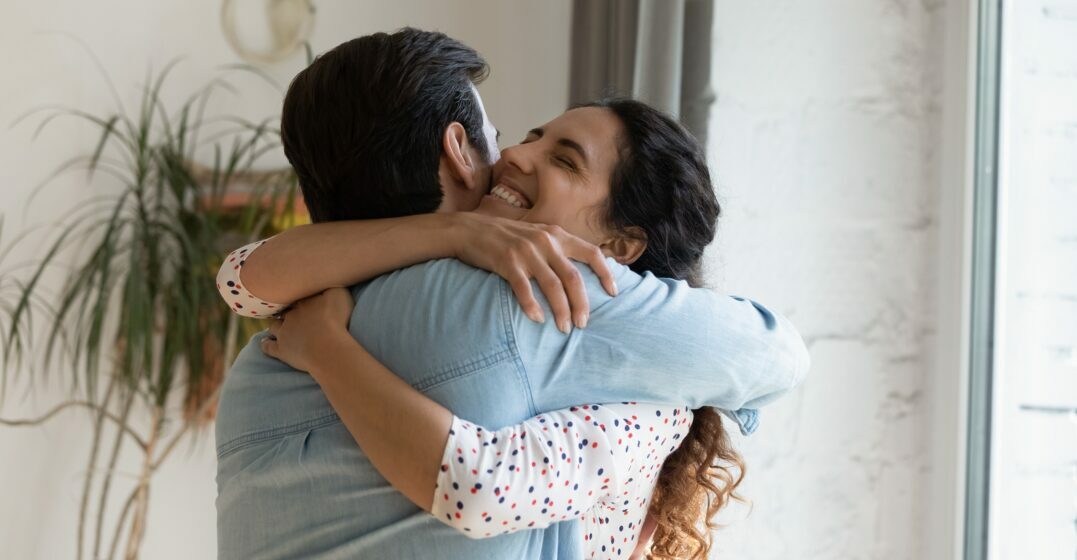11 ways to say “thank you” in German
Published on May 12, 2022 / Updated on January 8, 2024
“Thank you” is one of the first expressions you will learn in German. It is also one of the most important. When visiting a foreign country, there will be many situations when we ask for help and (hopefully) receive it. There are also just as many ways to express gratitude in German. We will show you which expressions are the most common and how and when to use them. And as being polite is usually met with politeness, you will also learn how to say you’re welcome in German. It might surprise you to see how versatile the German equivalent bitte is.
Short and simple. With Danke, you can never go wrong. It’s one of the most common ways to say thank you in German and can always be used – between friends, family, at a shop or in a meeting.
Danke schön has no direct translation as schön means beautiful. The German word can also take on the meaning of nice, and combined with Danke, it means you are saying thank you in German in a nice or polite way.
Danke sehr means thank you very much in German. It won’t surprise you to hear that it is used to stress just how grateful you are.
Vielen Dank (many thanks) can be used interchangeably with Danke sehr to say thank you in German.
Herzlichen Dank translates to thank you kindly. The adjective herzlich shows that your gratitude is heartfelt.
Besten Dank is also a way to show a special degree of gratitude. You won’t have to guess the meaning as it is practically the same in English. Besten Dank means, you are expressing your gratitude in the best way you can imagine or that you are giving the best or biggest of all possible thanks. You can use Besten Dank in all situations to say thank you in German, but it is probably used the most in informal settings.
This one is reserved for friends! It’s probably the most informal way to say thank you in German. Tausend means a thousand. When a German gives you Tausend Dank, they are just as grateful as an English speaker who gives you a million thanks. The difference is merely mathematical.
Ich danke Dir/Ihnen is grammatically speaking “I thank you” in a complete sentence. That gives it a tad more gravity than all the forms of Danke, even between friends. Change the pronoun from Dir (informal) to Ihnen (formal), if you are not well acquainted to say thank you in German in all kinds of situations.
This is basically the same as Ich danke Dir/Ihnen, but it expresses a higher degree of gratitude: I thank you very much.
This, too, is a complete sentence and has an even more formal ring to it than Ich danke Dir/Ihnen. A typical situation to use Ich bedanke mich would be when you receive money for a product or service you’ve sold. The other person would answer with Ich danke Ihnen. Between friends, the expression is hardly ever used to say thank you in German.
This sounds a lot like Ich bedanke mich, but the modal verb möchte expresses a wish which makes clear how important it is for you to give thanks in this situation. The person receiving your thanks could be your friend, your boss or a total stranger. In any case, they would have gone out of their way or done something special to help you.
There are nearly countless ways how to say thank you in German. From a short and sweet Danke to heartfelt and sincere degrees of gratitude, you can say thank you in German in all kinds of formal and informal settings in more than one way. Start practicing now!
